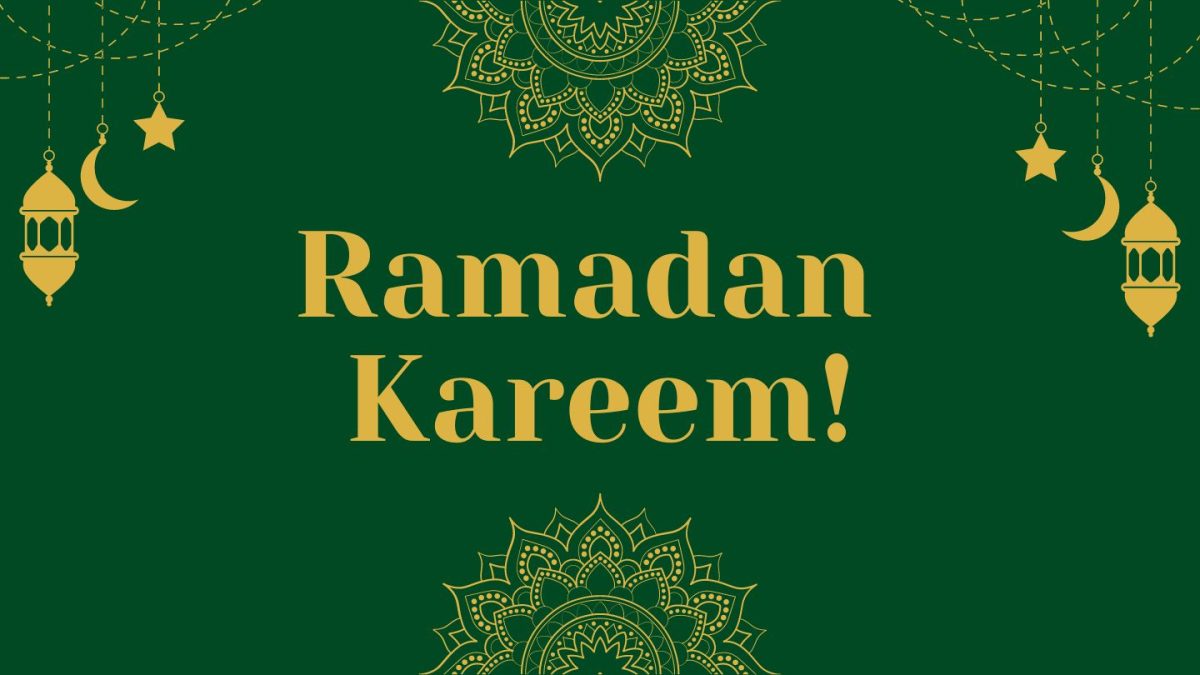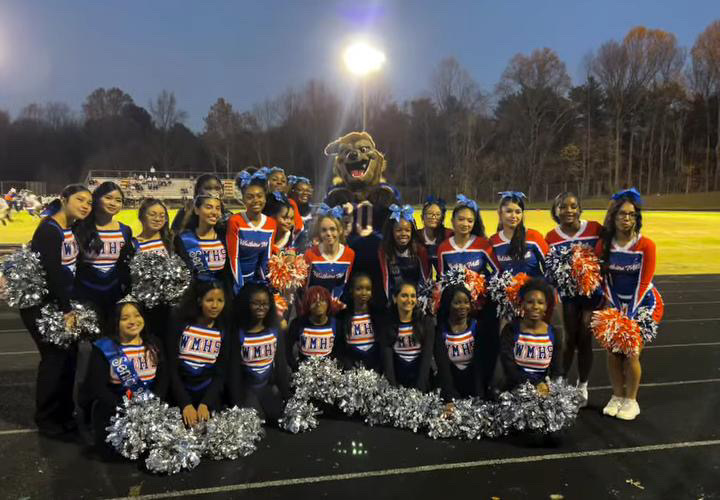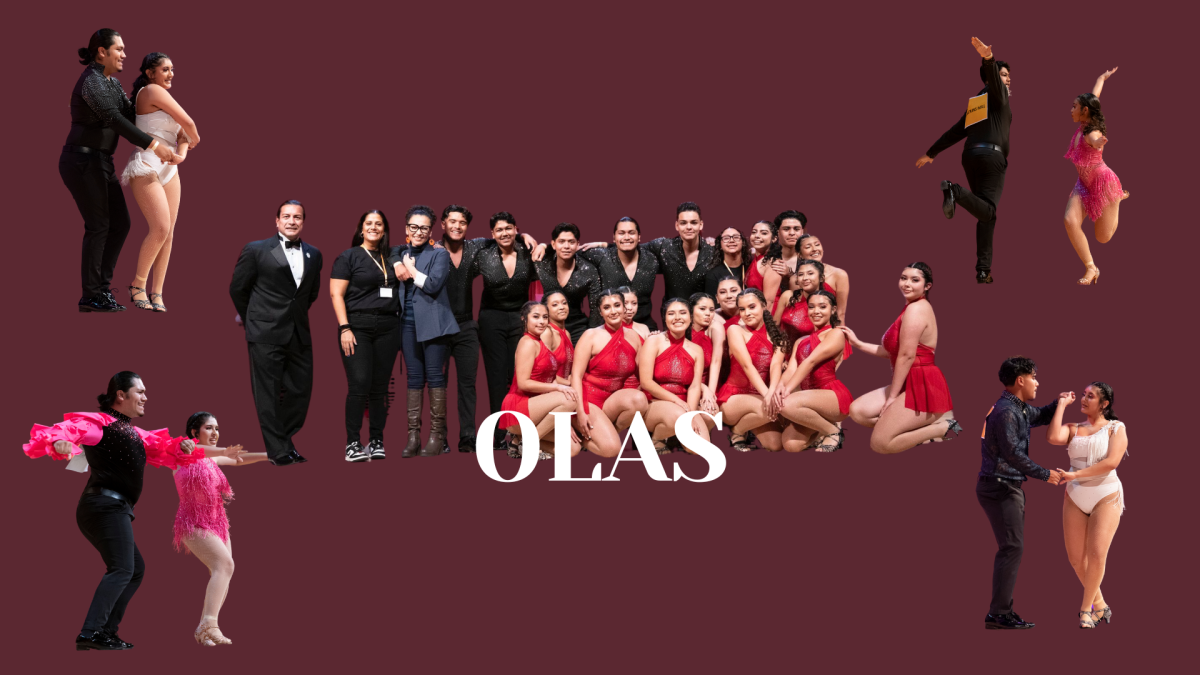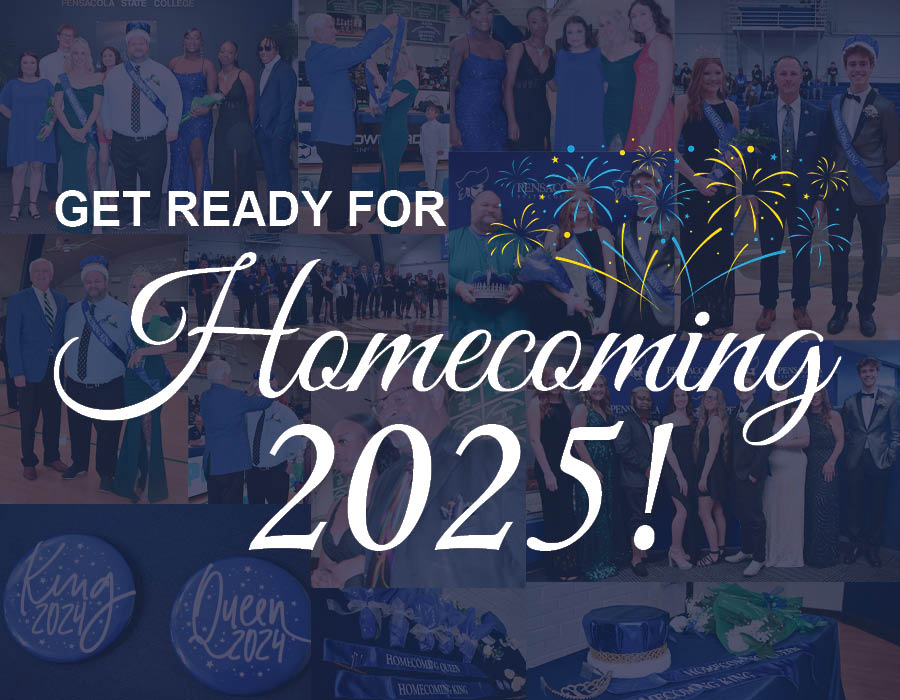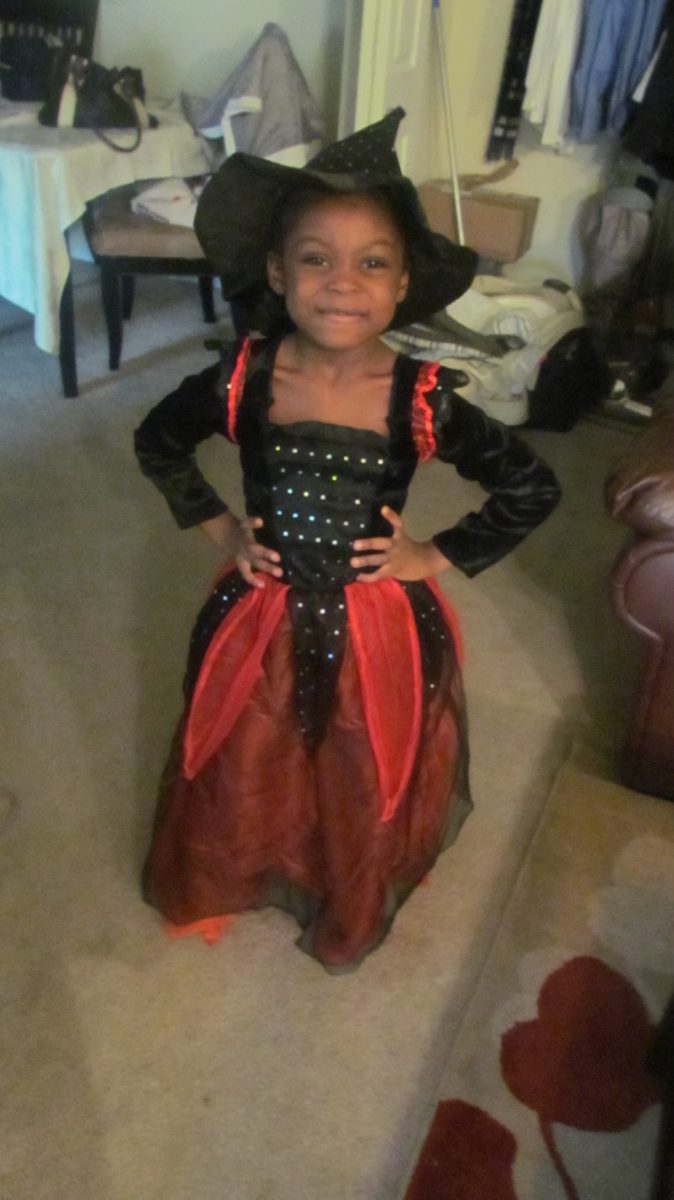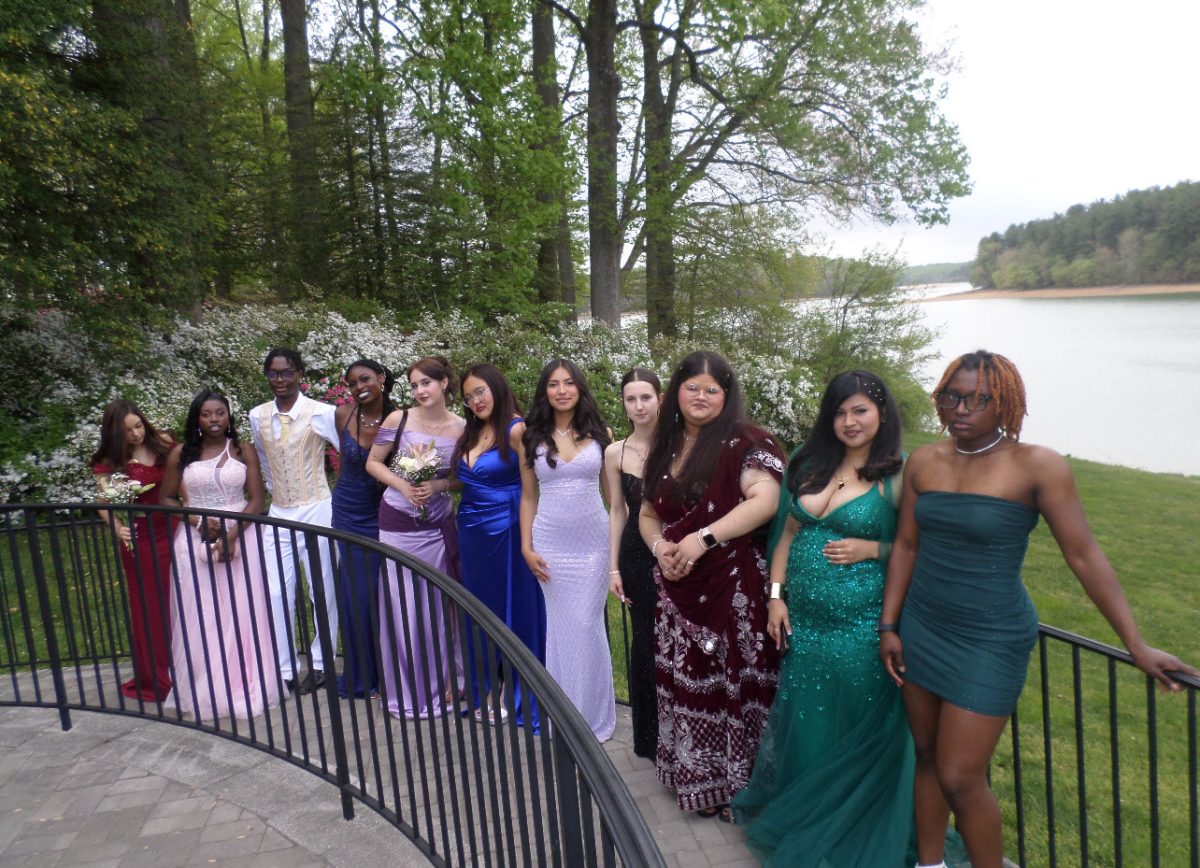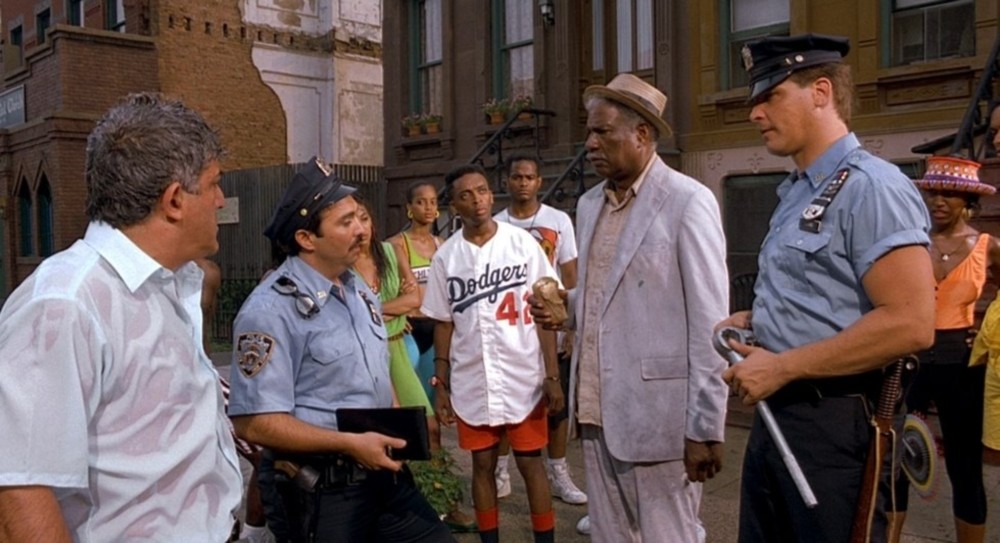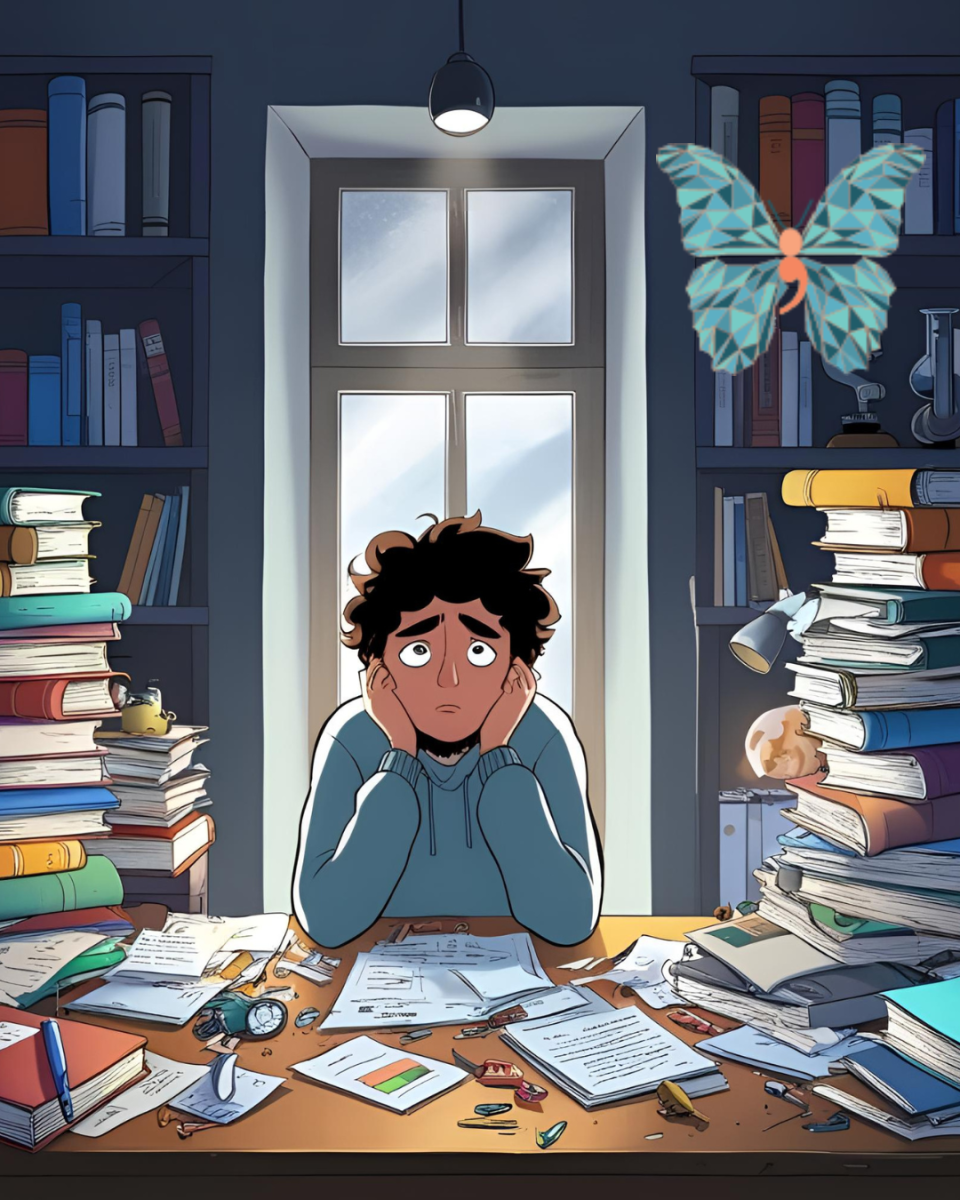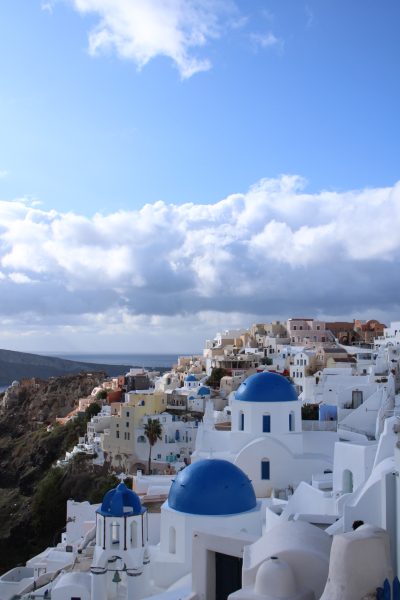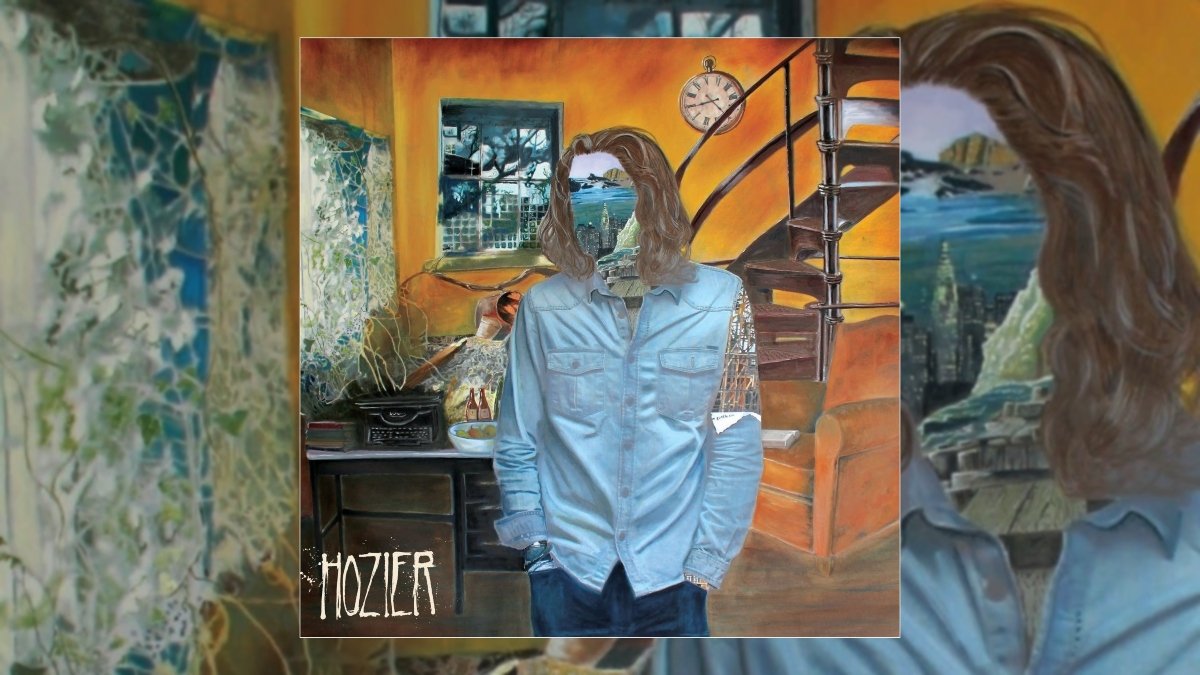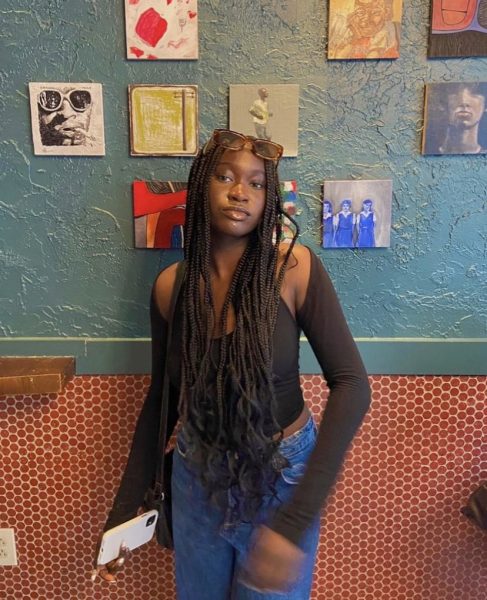“Hey, do you want a piece of pizza?”
“I can’t”
“Why not?”
“Because it’s Ramadan!”
The sighting of the crescent moon signifies the start of the Islamic month. As a result, Ramadan will last for about a month, falling on the evening of Sunday, March 10, 2024, to Tuesday, April 9, 2024.
Ramadan is important because it’s “a time once a year where [Muslims] can completely refresh themselves by withdrawing from all harmful things, physically, mentally, spiritually, and financially,” senior Chaimae Saleck said. “It’s just a month to be the best type of person they can be.”
This month, it’s believed that the holy book of Islam, the Qu’ran, was sent down and is seen as a guide to all and a means of salvation.
However, that’s not all that there is to Ramadan. “While sacrificing food and water illustrates [a Muslim’s] dedication, it is typical and encouraged for Muslims to strengthen their faith during the month by donating to charity, praying extra, or reading the Quran,” said senior Tejan Bah.
The month is for further communal gathering, development, and spiritual discipline. As they fast, Muslims also abstain from a variety of things ranging from:
- drinking and smoking
- sexual relations (even if they’re married)
- music
- cursing and backbiting
- lowering their gaze when talking to the opposite sex and so much more.
Along with all of these things, Muslims pray five times a day (Fajr, Dhuhr, Asr, Maghrib, and Isha’a). The fast is broken after the fourth prayer, which leads to the final prayer. There is also a voluntary prayer, Taraweeh, that’s performed after Isha’a every night during Ramadan. Praying Taraweeh is encouraged because it increases the connection with God and is an opportunity to do a good deed.
The “special prayer that can last up to two or three hours,” said senior Malick Sarr.
While not mandatory, Senior Fatou Faye recommends and prefers to break her fast at the mosque. She believes that it provides a community feel and allows one to “pray and break [the] fast with other people.” A moment that sticks with Faye as she practices Ramadan is always being grateful for what she has, as others are less fortunate.
Ramadan leads up to the celebration of Eid. There are two Eids. The first is Eid al-Fitr, which marks the end of Ramadan and celebrates the previous month of fasting. The second is Eid al-Adha, which is a festive time when offerings are sacrificed during the culmination of the Hajj pilgrimage, occurring two months after Ramadan.
Ramadan is not only a holy time on the Islamic calendar but a time to repent and grow spiritually, mentally, and physically.
If you are fasting, Senior Ramatoulie Sey recommends that you shouldn’t be too hard on yourself. “If you break fast unintentionally or have to stop the rest of [your] fast for whatever reason, have resilience. There will be days when you can’t fast. No one is perfect,” Sey said.
Happy Ramadan!



